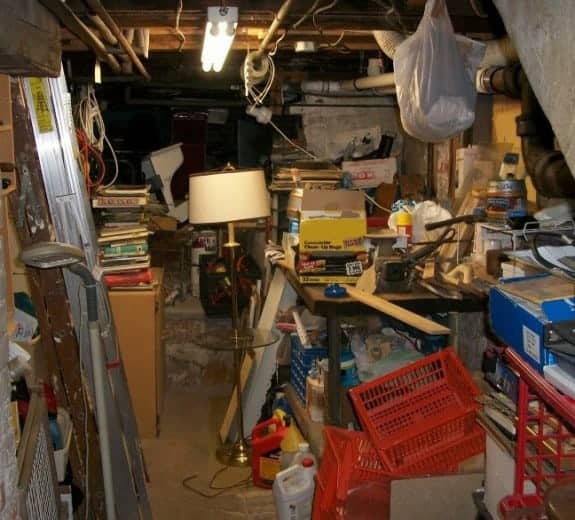
Can My New Landlord Take Away My Storage Space?
Can My New Landlord Take Away My Storage Space?
My building is two units over a garage & storage space. Originally the basement was divided 50/50 between apartments but apparently the landlord didn’t give subsequent tenants in the other unit storage.
My original landlord died and her sister has taken over. She keeps arguing about my storage in the basement. She is now trying to rent the other half to someone.
Four questions:
My landlord claims I have to prove I’m entitled to 50% of the storage space as it’s not detailed in my lease. It’s been understood for over 12 years! Do I really have to try and find a downstairs tenant from long ago to say its true?
The landlord moved boxes stacked in my space. She claims it’s not my space & the boxes blocked access to the space she’s renting. I think she can’t touch my stuff. Access via my space is still easy but I don’t have to allow access since she can get there via the parking spaces?
Can I change the locks and require 24 hours notice to either me or the downstairs tenant when she wants access?
Is she liable if anything is stolen because she allowed entry to whomever rents the storage? (The prior landlord allowed workmen access who stole.)
For purposes of my response I’m going to assume that you live in a rent controlled building in San Francisco.
Storage is one of the first things the new landlord will remove from a pesky, low-paying, long-term tenant–an obvious ploy to begin to make a rent-controlled tenant uncomfortable, or as in this case, an income boosting device.
Storage space often goes unmentioned in leases and that’s your problem. Yes, it will be incumbent on you to prove that your storage is part of your tenancy. Assuming that the key to which you refer is a key to the storage space, I think that’s fairly convincing proof that the space came with your tenancy. If that is true, you should file a “Report of Alleged Wrongful Eviction” with the Rent Board.
Why can you allege wrongful eviction? Rent Ordinance §37.2(r) states in part:
Garage facilities, parking facilities, driveways, storage spaces, laundry rooms, decks, patios, or gardens on the same lot, or kitchen facilities or lobbies in single room occupancy (SRO) hotels, supplied in connection with the use or occupancy of a unit, may not be severed from the tenancy by the landlord without just cause as required by Section 37.9(a).
When one considers each of the just causes listed in Rent Ordinance §37.2(a), the only applicable just cause is owner move-in (Rent Ordinance §37.2(a)(8). Your landlord could only evict you from your storage space if she lives in the building and needs the space for herself. She can’t evict you simply to rent the space to another person.
Even if you decide not to file a Report of alleged Wrongful Eviction, you should immediately file a petition alleging a substantial decrease in services at the Rent Board.
And yes, you will be required to provide any and all evidence that the storage was included as a service in your initial agreement. You should get declarations from former tenants, find any documents that may mention the storage, etc. The Board may find that the landlord has the power to remove the storage, but if they find that the removal constitutes a decrease in service, they will reduce your rent accordingly. The landlord should be made aware that a reduction in your rent will defeat her purpose in renting the storage space to someone else.
If you have a key to the garage instead of your individual storage space, I don’t recommend that you change the locks. BTW I very rarely recommend that action in any given situation, because it makes a tenant vulnerable to eviction.
I do, however, recommend that you tell the landlord in no uncertain terms, “Don’t touch my stuff!” Tell her that you will call the police if anything comes up missing and that she is responsible for security in the garage/storage space and could be liable for any loss. You should also point out that it might be wise for her to refrain from any attempt to rent the space until after she receives a decision from the Rent Board. In the event she rents the space and the Rent Board finds that it is yours, the landlord could be sued by the new renter for breach of contract.
Don’t argue with your landlord. Just file with the Rent Board to make her reconsider her actions.

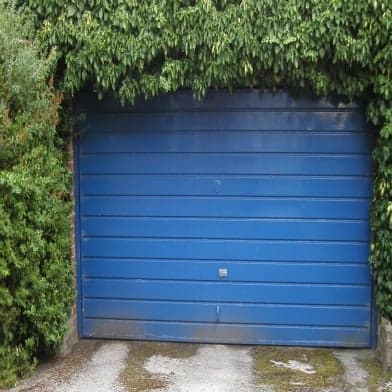

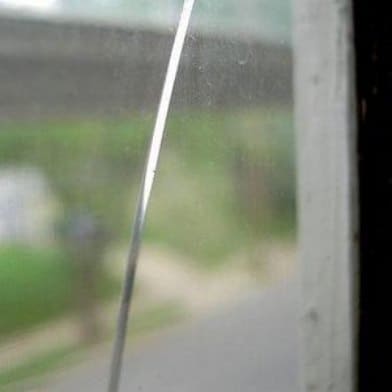
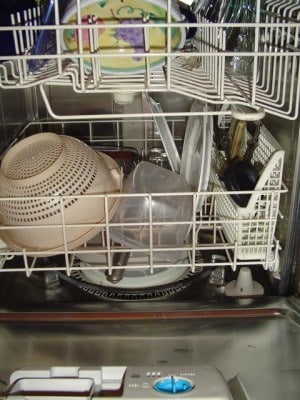



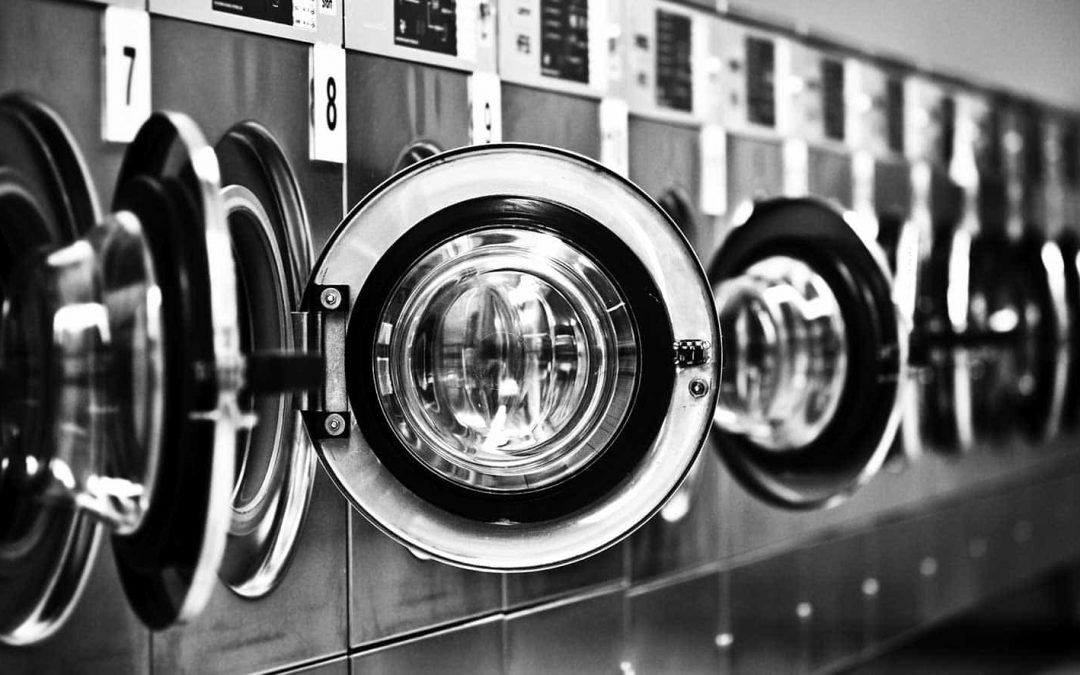
 The Costa Hawkins Rent Housing Act, a bi-partisan law enacted in 1995 by the band of pandering griftocrats we call our state legislators, that eviscerated local rent control.
The Costa Hawkins Rent Housing Act, a bi-partisan law enacted in 1995 by the band of pandering griftocrats we call our state legislators, that eviscerated local rent control.